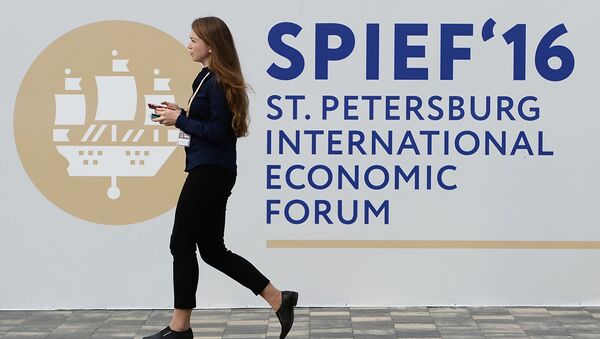"With or without sanctions, we haven’t yet been able to reach the desired volume of trade with Russia, but we’re working on it. Right now Venezuela is attempting to increase its exports and Russia appears to be a very attractive market. We already take part in various commercial expos in the country, and strive to increase the amount of raw materials and agricultural products being exported to Russia," he said.
Gordils also pointed out that Venezuela essentially became a "window" for establishing and improving relations between Latin American countries and Russia, Iran and China.
"All his life President Hugo Chavez was a staunch proponent of a multipolar world model, instead of the bipolar system that was being forced upon us. And this is exactly why he always advocated improving relations with Russia, Belarus and the BRICS nations," Gordils added.
He also remarked that the events that transpired in the global economy, following the financial crisis of 2008, made it clear that reliance on large international financial institutions may not be a very good idea.
"Capitalist countries managed to turn a systemic crisis into business and actually profit from it. Therefore the periphery countries should create their own financial institutions," Gordils said.
Meanwhile, Andrés Arauz, Ecuadorean Minister of Science and Human Talent, said that Russia is both an irreplaceable commercial and geostrategic partner to Ecuador, and that the anti-Russian sanctions became a "boon" for his country in terms of deepening relations with Moscow.
"Russia has always been our key economic partner. Of course the sanctions basically became a boon to us. And we also intend to begin cooperation [with Russia] on several major long-term projects," he said.
The St. Petersburg International Economic Forum (SPIEF) is an annual event that invariably draws the attention of major companies across the world. This year the forum was attended by a number of prominent dignitaries, including European Commission President Jean-Claude Juncker, Italian Prime Minister Matteo Renzi and a host of executives from the world's leading companies.


